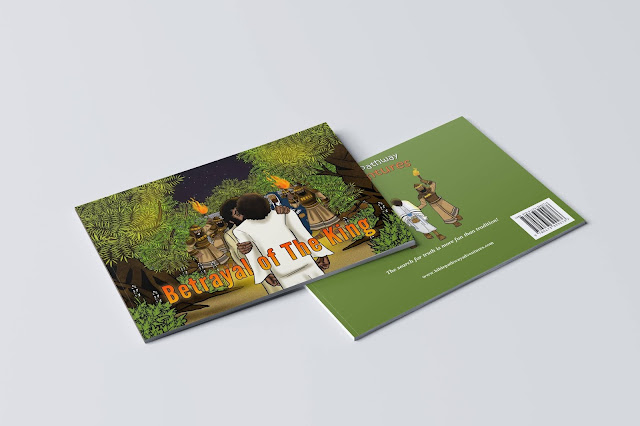Dear Torah Keeper,
I am proud of you.
What you are doing is beautiful. You have chosen the narrow road. It takes a strong person to reroute the course of their life. It's not easy to stand up against centuries of tradition and loads of cultural pressure. But you're doing it! And doing so well.
I am proud of you when you mark the days on your calendar for the set apart times...even when you're not sure exactly how to celebrate. I am proud of you when you work to have a restful Shabbat again this week, even though last week didn't go how you wanted it.
I'm proud of you for having those awkward conversations where you explain that you don't eat pork or that you can't eat leavened bread one week a year. I'm cheering you on when you have those tough discussions with your family about why you're not celebrating Christmas or Easter anymore. When you comfort an upset child because they feel different than the kids in their class or on their team...you are doing a work that will transform the Kingdom.
When you get those looks, those judgmental comments, when you are misunderstood, when you feel scrutinized or not good enough because someone else keeps Torah differently than you, I am proud of you for putting what you do know into practice. While you might beat yourself up for stumbling along the narrow road, all of Heaven cheers as you work to follow the instructions of your loving Father.
You're doing great and godly things when you rearrange your life and your work in order to honor the Sabbath. These are the kind of actions that will make our world a little bit closer to what the Creator intended. I am proud of you when you share what you've learned with people who don't agree. You're shining a light that will show many people the truth.
I am so proud of you for walking on this road. For keeping the commandments even when it's hard. I'm proud of you for trying your best. YHWH sees what you're doing and it's beautiful and precious to him.
You can do this.





































.JPG)


